2024 Summer School on Local Governance and Politics
The Standing Group on Local Government and Politics (ECPR) and the European Urban Research Association (EURA) are happy to once again endorse this year’s Summer School, organized by the Institute of Local Government and Law at the University of Barcelona.
The 2024 summer school, following a one-year hiatus without the opportunity to meet, aims to offer an open platform for PhD students with diverse subfields and methodological approaches to engage in discussions about their projects with both peers and experienced scholars. The Summer School will feature inspiring lectures from members of the local government studies community, offering forward-looking perspectives on our field of study. Discussion sessions will allow PhD candidates to present and discuss their work, with selected discussants from various fields and their peers providing valuable input to enrich each other's work.
From both territorial and conceptual dimensions, discussions about boundaries have long been a central debate in the field of Local Government. The presence of small rural units, fragmented maps, and the metropolitan continuums, along with various possible arrangements for addressing these realities, has sparked intense debates. Simultaneously, the emergence of new areas of research and interest, ranging from AI to climate change, represents a significant shift from traditional areas of analysis in local studies.
TOPIC:
BEYOND BOUNDARIES: OLD AND NEW CHALLENGES ON LOCAL GOVERNMENT
DATE:
2 July 2024 – 5 July 2024
LOCATION:
Facultat de Dret, Barcelona, Spain
Photo by Raimond Klavins on Unsplash

Host and organization by Research Group of Local Government at the University of Barcelona
2022 Summer School on Local Governance and Politics
The Standing Group on Local Government and Politics (ECPR) and the European Urban Research Association (EURA) are happy to once again endorse this year’s Summer School, organized by the Institute of Local Government and Law at the Autonomous University of Madrid.
This Summer School is one of the many long-lasting series of summer courses for PhD-students interested in issues related to local government and politics. It provides an opportunity to develop a further understanding of comparative local government studies and to discuss PhD-related research with an experienced international faculty that specialize in an array of disciplines. The Summer School will last 3.5 days. is also an excellent opportunity to establish, deepen or widen networks with scholars working on similar topics in the field. Each day’s program will include 2-3 lectures and PhD students’ presentations evenly distributed. If you are a PhD student interested in participating in the Summer School, please click here and complete the initial application. Organizers will review all submissions and contact candidates with further information regarding preparation and exposition during the conference.TOPIC:
Rural and Urban in Local Government and Politics
DATE:
28 June 2022 – 2 July 2022
LOCATION:
La Cristalera, Miraflores de la Sierra, Madrid, Spain
Photo by Kadir Celep on Unsplash

Host and organization by Autonomous University of Madrid, Institute of Local Government and Law
Previous Summer Schools
2021
“Local government in motion – Local innovation in changing contexts”
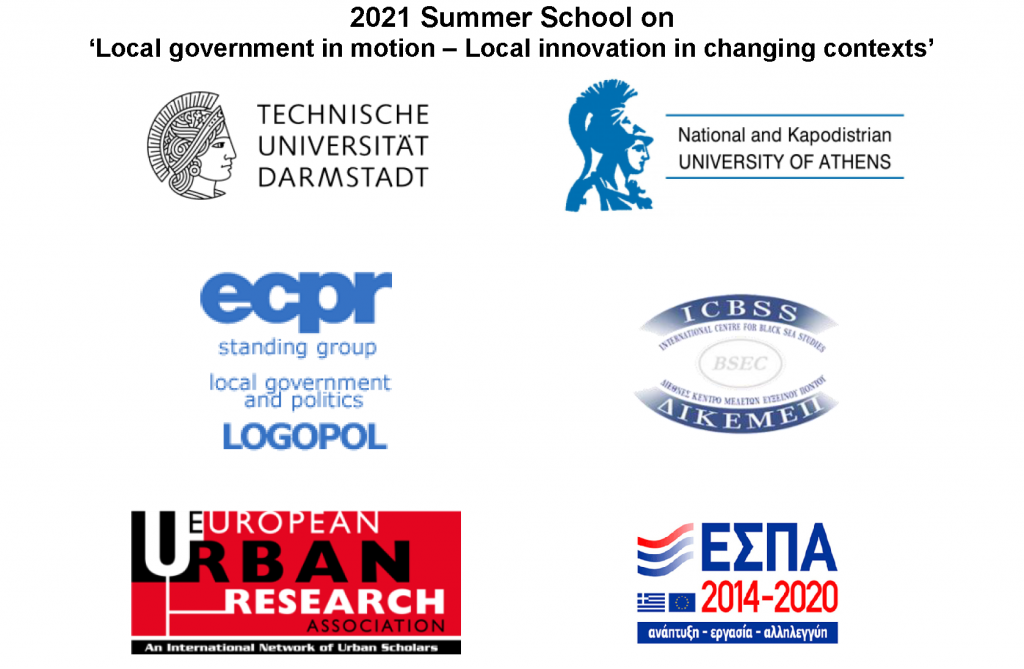
The 2021 Summer School aimed at doctoral and advanced students in master’s programmes who want to answer the question of why innovation has been achieved in certain cities (and not in others).
Innovations were defined in the context of the summer school in a broad sense – namely as “new ideas that work”.
Furthermore, innovations were seen as something that is perceived by locals (as well as by external observers) as novelties and improvements at the same time.
The concept of innovation was therefore not limited to technical changes. However, special attention was given to local policy innovations. Moreover, the notion of innovation was contextualised in that it is based on the understanding of local actors.
An overview about the participants and the topics addressed is given by the following programme of the summer school.
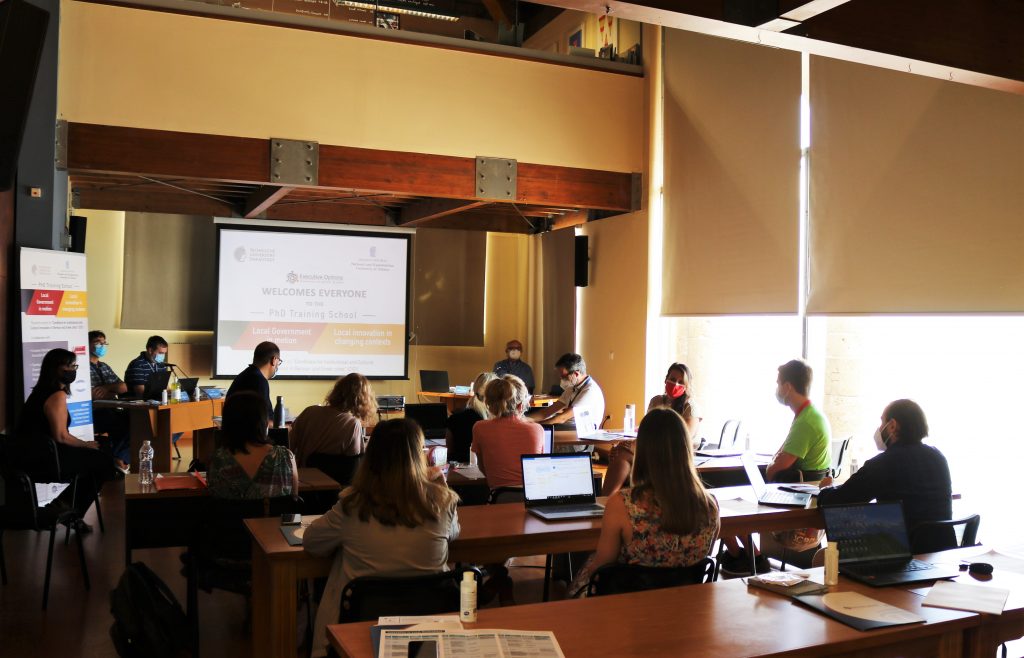


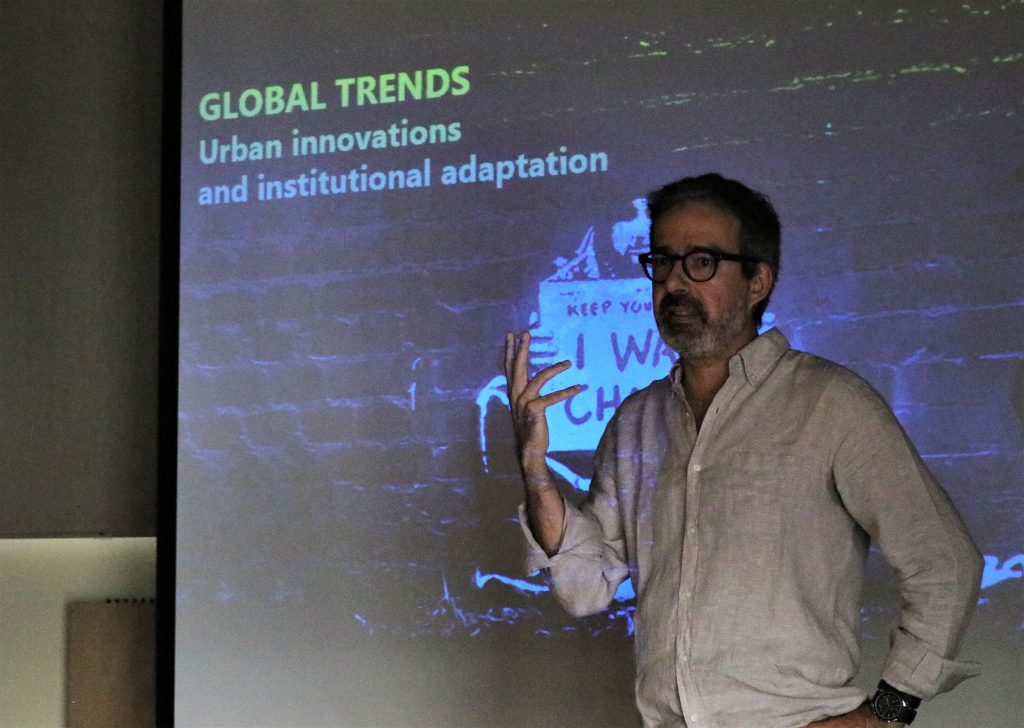
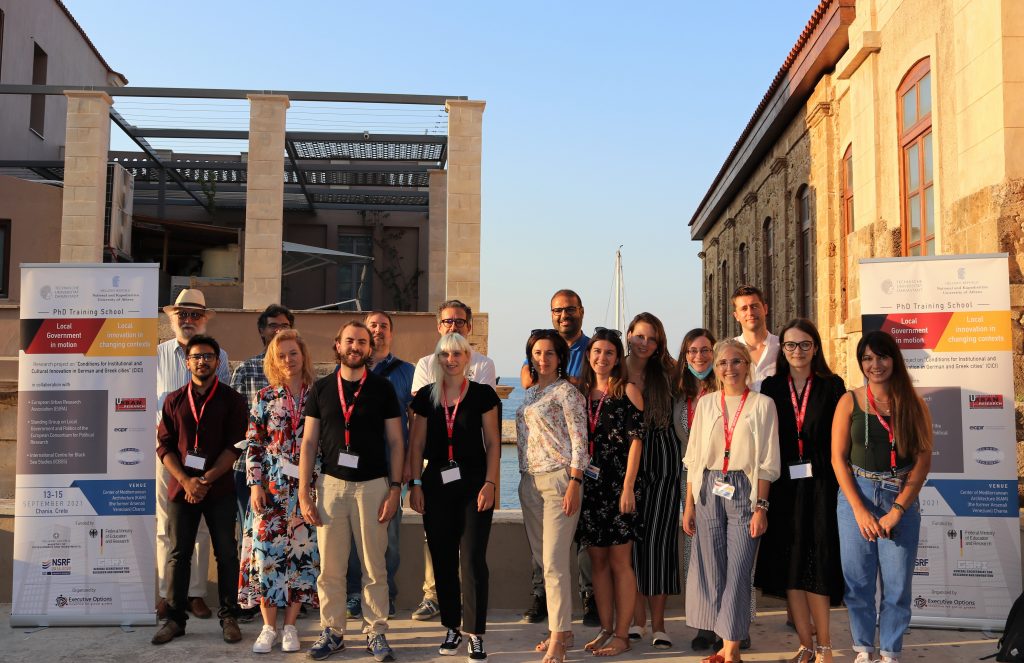
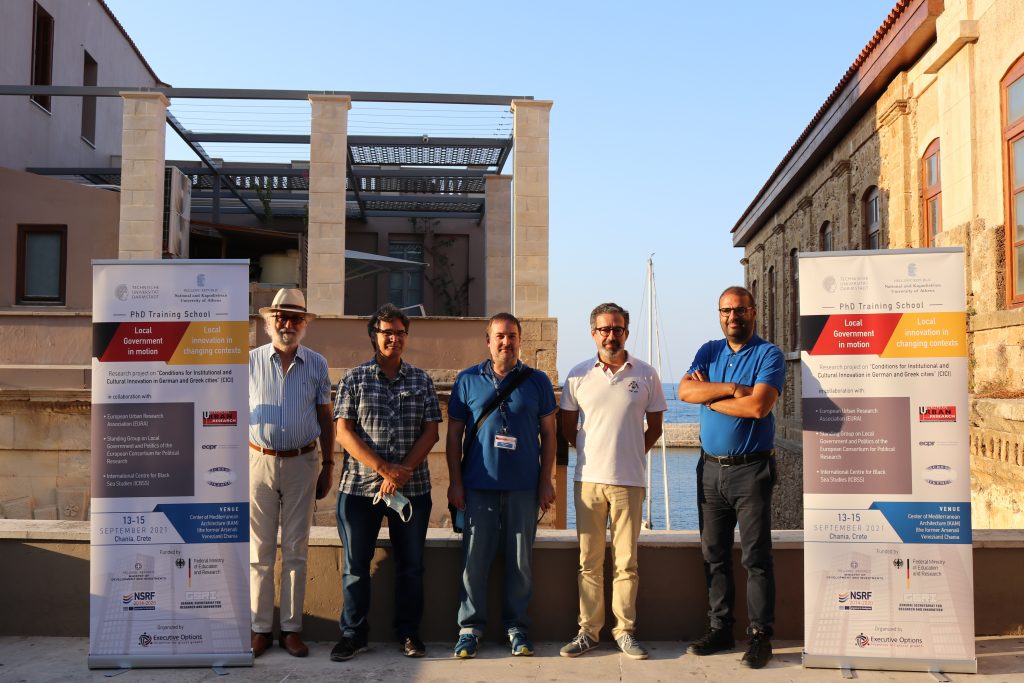
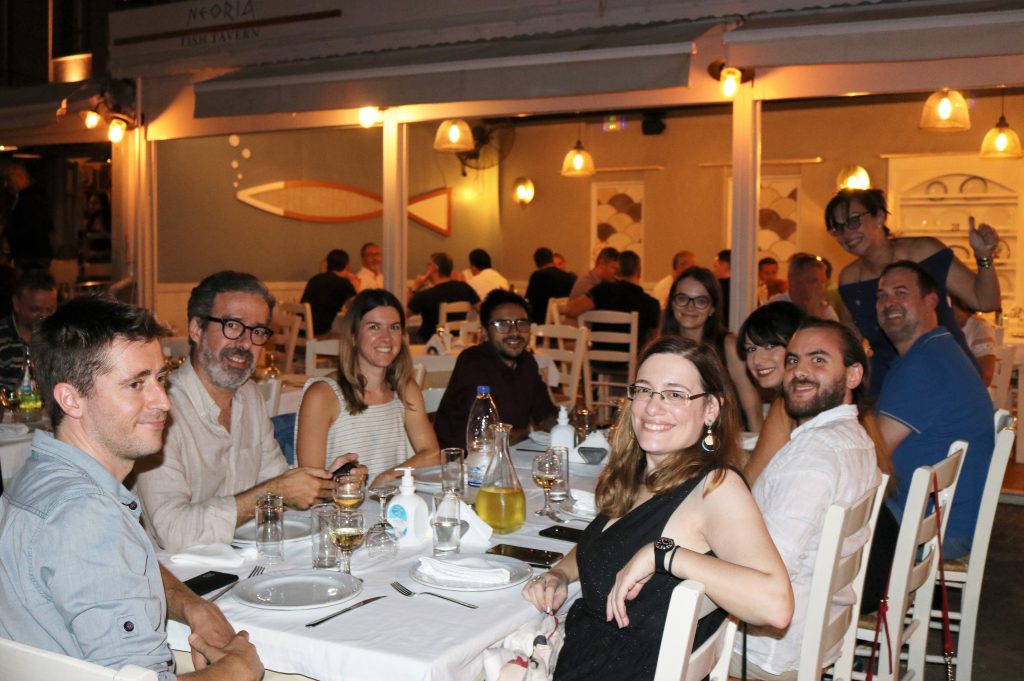
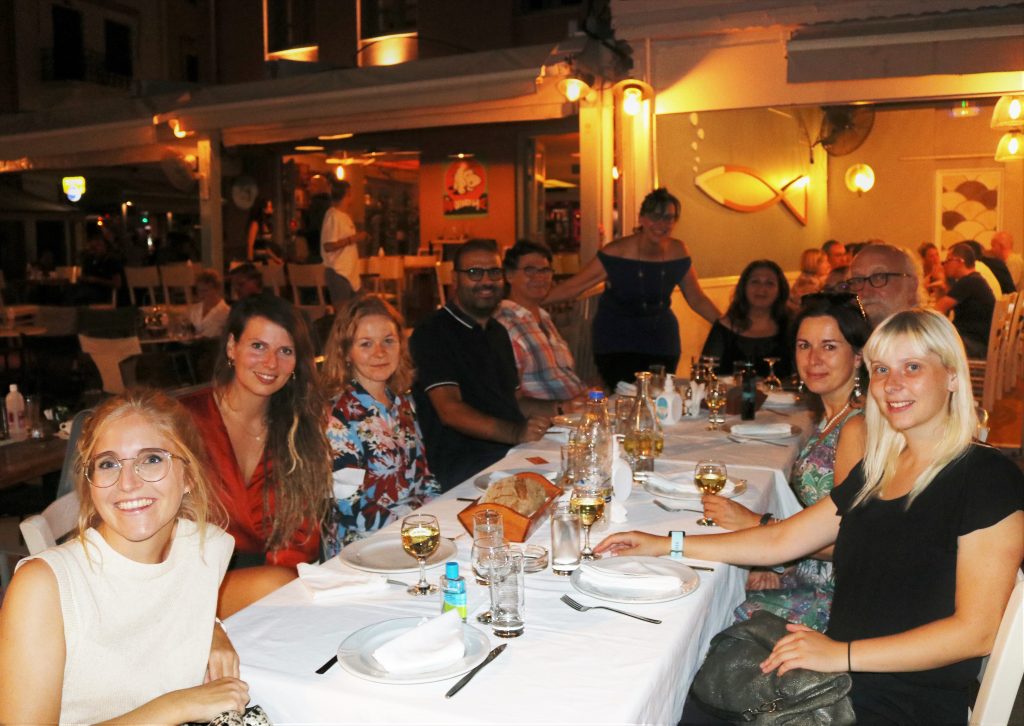
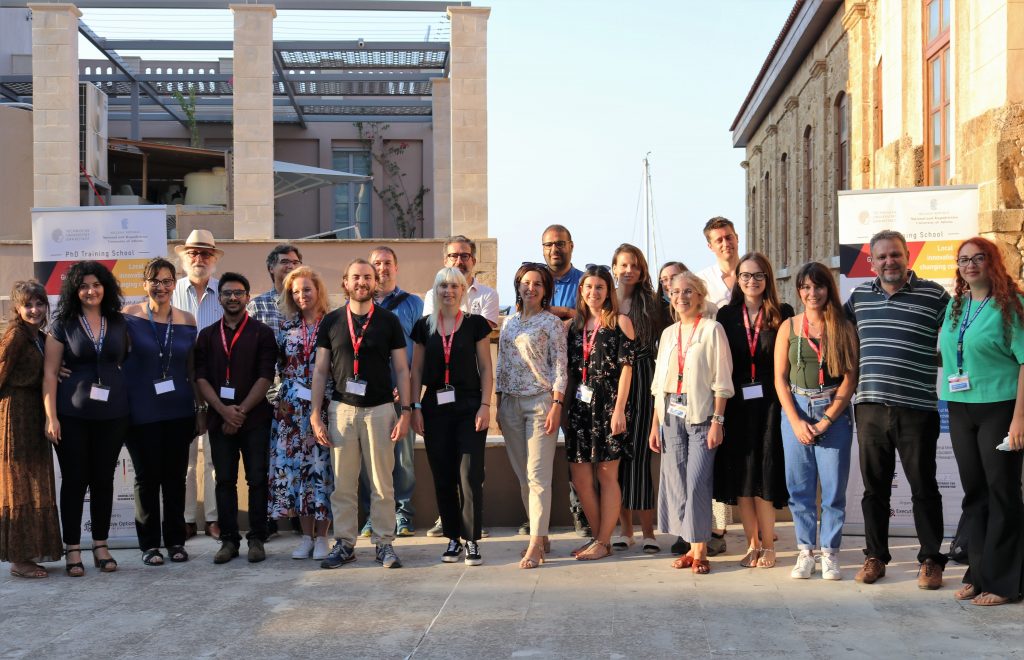
2019
“Is Local Always Better? In Search of Adequate Territorial Structures for Governance, Decision-Making, and Service Delivery”
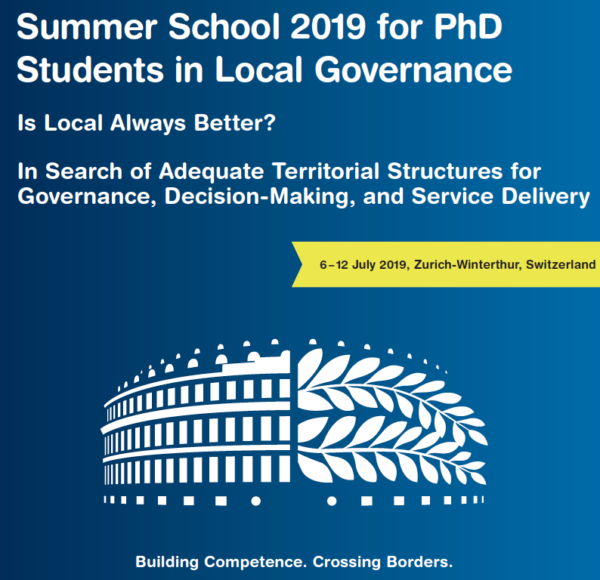
Organized jointly by the European Consortium for Political Research (ECPR), the European Urban Research Association (EURA), and the ZHAW School of Management and Law (SML), the aim of the 2019 Summer School for PhD students interested in local government issues was to discuss the extent to which local government might be the most suitable tier of government for the delivery of public services.
Over the world, local authorities are significant players in the provision of public services. In recent decades, decentralization has become an important reform strategy in many countries, usually with the support of international organizations.
Traditional sources suggest that efficiency and quality gains in the provision of public services are achieved through decentralization, along with greater expectations for accountability and responsiveness. Some scholars have warned, however, that decentralization is not without its dangers. For example, local administrations may be understaffed, financially challenged, or feel pressure from local political elites, which can affect the quality of public service provision. There is also a risk of inequality between poorer and richer municipalities. Read more about the event here.
For further information, download the 2019 Summer School Programme.
2018
Joined ECPR/LOGOPOL/EURA Summer School
The 2018 joined Summer School took place between 9-13 July and was hosted by the Central Eastern University in the centre of Budapest. CEU provided the perfect ambience for stimulating lectures and discussions for 23 PhD candidates and the lecturers. Our special thanks goes to Prof. Pawel Swianiewicz (Warsaw) and Prof. Filipe Teles (Aveiro) and the staff of CEU who organised the Summer Schools in a very thorough way. The summer school has been a great joy and pleasure to all of us.
6th International DHC+ Summer School
The DHC+ Summer School was a week full of intensive training with key re-known experts and academics in the field of District Energy. The teaching method of the DHC+ Summer School is based on the perfect combination of theory, practical exercises and site visits. 2018's programme focused on the future of district energy, paying special attention to key innovative trends such as digitalization and the enhancement of partnerships between participants and industry stakeholders.
“Collaborative Local Government for an Open Society”
The 2018 ECPR/EURA Training School was one of the long-lasting series of summer course for PhD students interested in local government issues. It was co-organized by the European Urban Research Association and Standing Group for Local Government and Politics of ECPR, and gave an opportunity to develop the understanding of comparative local government studies in Europe and to discuss PhD dissertation with experienced professors of different disciplines and coming from different countries.
2017
“Renaissance of Local Government”
Inn 2017 EURA invited PhD candidates (EURA members) to submit papers and participate in the joined EURA/LOGOPOL Summer School that took place in Florence between 12-17 June. The local host was the University of Florence, Institute of Political Science (Prof. Annick Magnier, Prof. Andrea Lippi) with the kind support of the Municipality of Florence.
2016
“Contested Administrations – Challenged Politics: Addressing Wicked Problems at Local, National, and International Levels of Government”
All levels of government (local, regional, national, international) in Europe are in a period of intense reform activity. As a result of the still enduring (global) crisis, financial, demographical and societal problems need to be faced simultaneously to overcome – partly contradictory – reform pressures.
2015
“Innovation in Local Government”
The 2015 EURA Summer School took place between 15-17 September on Greek island of Spetses. This joint PhD-Training School was organized by The Anargyrion and Korgialenion School of Spetses, the University of Athens, the EUROLOC and EURA Summer School cooperation and the COST Action IS1207 “Local Public Sector Reforms: An International Comparison (LocRef)”. The course provided training for young researchers through the COST Action program which acted as a platform for establishing new comparative knowledge and integrated research, while helping young researchers build networks and strengthen skills.



